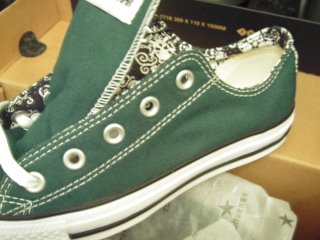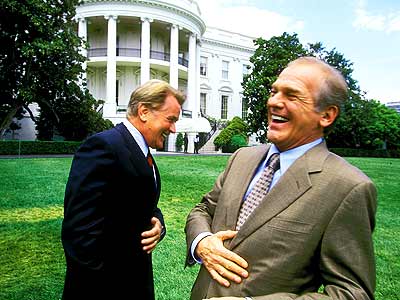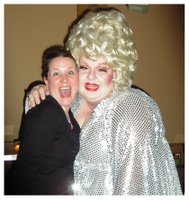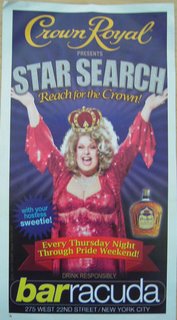 Caveat emptor: extreme nerd alert!!
Caveat emptor: extreme nerd alert!!OK, so, I just spent a couple of hours on my Psych class (Human Growth and Development). The online thing is pretty cool, actually. My instructor puts together powerpoint presentations complete with audio lecture and imbedded videos, so I read the chapter, then watch the "lesson" and take notes. Kinda just like class! Only in my pajamas. Nice. Unfortunately, I made a 60% on my first quiz. *frown* Welcome back to college, Jamie. And hilariously, it was over the very very first lesson, aptly entitled "Orientation." I think it was mainly to get us acquainted with how this online thing works... I can't believe I missed 2 out of 5. Guess I should have watched it again. I am happy to note, however, that we have a discussion board, where I feel right at home.
OK, so, my second lesson is the first chapter of my book Development Through The Lifespan. You know how the first chapter of a textbook is always really boring history and theories? Yep, same here. And since this is lifespan development, we are obviously going to start at the beginning, with the most basic of psychological debates, Nature vs. Nurture.
Imagine my surprise and undeniably geeky glee to discover the two main opposing theorists in this debate were John Locke and Jean Jacques Rousseau.
 Nurture. In medieval Europe (6th-15th centuries), little emphasis was placed on childhood as a separate phase of life: a view called preformationism, where once children emerged from infancy, they were regarded as miniature, already-formed adults. John Locke was one of the first philosophists to introduce behaviorism. He viewed a child as a "tabula rasa," or "blank slate." According to his ideas, children are, to begin with, nothing at all, and all kinds of experiences can shape their characters. Locke described parents as rational tutors who can mold the child in any way they wish through careful instruction, effective example, and rewards for good behavior. His philosophy led to a culture-wide change in child-rearing.
Nurture. In medieval Europe (6th-15th centuries), little emphasis was placed on childhood as a separate phase of life: a view called preformationism, where once children emerged from infancy, they were regarded as miniature, already-formed adults. John Locke was one of the first philosophists to introduce behaviorism. He viewed a child as a "tabula rasa," or "blank slate." According to his ideas, children are, to begin with, nothing at all, and all kinds of experiences can shape their characters. Locke described parents as rational tutors who can mold the child in any way they wish through careful instruction, effective example, and rewards for good behavior. His philosophy led to a culture-wide change in child-rearing.Nature. In the 18th century, a French philosophist named Rousseau discerned that children were not blank slates, but noble savages, naturally endowed with a sense of right and wrong, and with an innate plan for orderly, healthy growth. Rousseau believed, unlike Locke, that a person's built-in moral sense and unique way of thinking and feeling would only be harmed by adult training. His philosophy stated that a parent should be receptive to the child's needs at each stage of development, and natural maturation (a genetically-determined naturally unfolding course of growth) would occur. Rousseau thought a child's inherent nature determined his destiny.
Discuss. I need ideas for my assignment. *wink*







